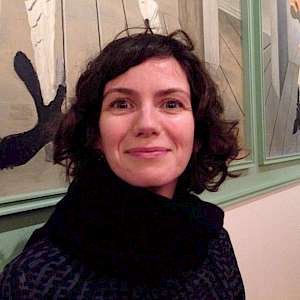Women/Theatre/Justice features an interdisciplinary network of scholars from organisation and management, theatre and performance, sociology and law across eleven universities in England. Each partner is hosting a public seminar addressing issues related to women, theatre, organisation and the criminal justice system.
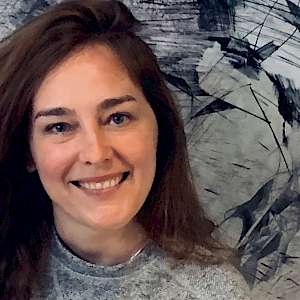
Dr Molly McPhee is a researcher in theatre and criminal justice, based at Queen Mary University of London, and a former General Manager for Clean Break (2009-2015), during which period she toured and marketed over fifteen productions and began the process of digitising the company’s production archive. Molly’s publications on theatre and the criminal justice system investigate the ways in which social stigma, policing, and imaginaries of prison and public health staged within Clean Break's theatre produce sensorial atmospheres of carcerality, and how carceral atmospheres agitate degrees of political engagement within audiences across a range of sites of performance. In addition to her research on Clean Break’s archive as Postdoctoral Research Associate for Women/Theatre/Justice, Molly is Creative Producer for Queen Mary’s Arts and Culture unit, and a reader for the Royal Court Theatre. She trained at University of Melbourne (PhD, Theatre and Performance Studies), California Institute of the Arts (MFA, Critical Studies) and was a Fulbright Fellow at University of Hamburg.
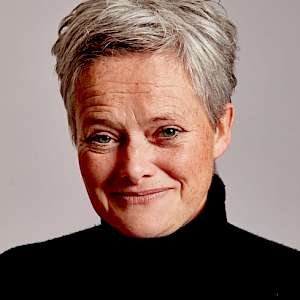
I am the Director of the YSJ Prison Partnership Project and Senior Lecturer in Theatre specialising in socially engaged arts practice, with a particular interest in theatre in the criminal justice system. My practice investigates women’s personal and collective narratives and explores the relationship women navigate between the inside and outside of prison. With a professional career that spans over the last 20 years, I am also an active practitioner in the field of drama with young people at risk and make theatre work with, for and by diverse youth communities. My work is driven by a social justice & feminist agenda and I collaborate with other practitioners across art forms as well. My post graduate training was in Drama Therapy and also in Applied Theatre and my work takes on a therapeutic approach in its process and delivery, offering the potential for change, empowerment and transformation.
Read more about Rachel Conlon on the York St. John University’s website.
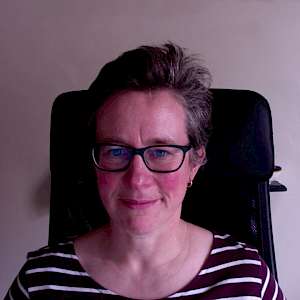
Following a period working as a theatre practitioner in the criminal justice system and as a support worker in non-mainstream education, I took up a series of research posts on projects exploring aspects of applied theatre and mental health provision, leading on initiatives with the National Association of Youth Theatres, NCH, the Wellcome Trust and TIPP. I worked as the Research Associate on the award-winning In Place of War project from 2004 until 2007, and was appointed to Lecturer at the end of that period.
I was awarded an Arts and Humanities Research Council Fellowship in 2014, to facilitate a research project exploring theatre, performance and economic precarity (2014 - 2016). The research examined the relationships between theatre and poverty across various historical and geographical junctures, with a starting point of the New Poor Law (1834).
From 2014 to 2015 I worked on a research project (with my colleague Dr Simon Parry) called 'Theatre, performance and activism: gestures towards an equitable world'.
Read more about Dr Jenny Highes on the University of Manchester’s website.
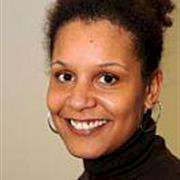
Driven by her own experiences of familial imprisonment, Marie’s research has focused on the lived experience of family contact in prisons and human rights from a socio-legal perspective. Marie has conducted empirical studies at several prisons in England and Northern Ireland. She has broader research interests in prisons and human rights more generally and prison ethnography. Along with Paul Guinness and Liz McDonnell in Sociology at Sussex, Marie was recently commissioned to conduct a study of communication cultures in prisons. Before entering academia, Marie worked for the Prison Service in England and Wales as a Measuring the Quality of Life researcher.
Read more about Dr Marie Hutton on the University of Sussex’s website.
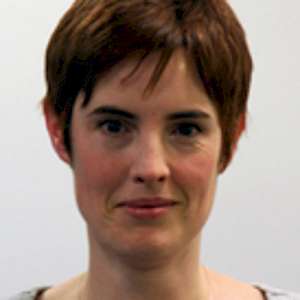
After studying Modern Languages as an undergraduate, I managed a voluntary sector project for ‘disadvantaged’ young people and adults with disabilities in Oxford for two years.
I then completed an MSc in Applied Social Sciences and a Diploma in Social Work at the University of Oxford, before embarking on a brief career as a social worker in a youth offending team. This was followed by research posts at the University of Oxford (as part of the team evaluating Intensive Supervision and Surveillance Programmes for young offenders) and at Dartington Social Research Unit in Devon.
In 2004 I was awarded an ESRC scholarship to undertake doctoral research at the Institute of Criminology at the University of Cambridge. My PhD examined young women and youth justice, and involved empirical research in two Youth Offending Teams and a Secure Training Centre. I joined the School of Law as a Lecturer in Criminology in 2008.
Read more about Dr Gilly Sharpe on The University of Sheffield’s website.
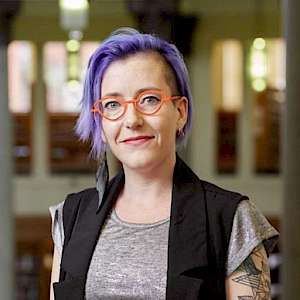
I work on performance and social change as researcher and applied theatre practitioner. I am predominantly interested in a feminist approach using critical ethnographic methods and my research spans social, political and activist performance, radical pedagogies and intercultural performance as well as arts and mental health. I direct Converge - a unique short course for people using mental health services. At Leeds, I am programme leader of the MA in Applied Theatre & Intervention. My approach to teaching, research and work prioritises an ethos that is collaborative, feminist and queer.
Read more about Dr Aylwyn Walsh on the University of Leeds website.
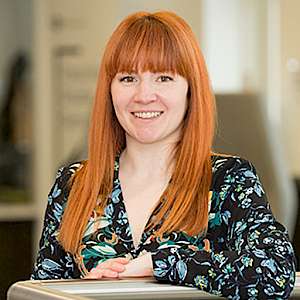

The National Criminal Justice Arts Alliance aim to ensure the arts are used within the criminal justice system as a springboard for positive change.
They represent a network of over 900 individuals and organisations that deliver creative interventions to support people in prison, on probation and in the community, with impressive results.
They support this transformative work by providing a network and a voice for all the talented and creative people who are committed to making great art with people in the criminal justice system.

Women in Prison (WIP) is a national charity that delivers support for women affected by the criminal justice system in prisons, in the community and through our Women's Centres. We campaign to end the harm caused to women, their families and our communities by imprisonment.
